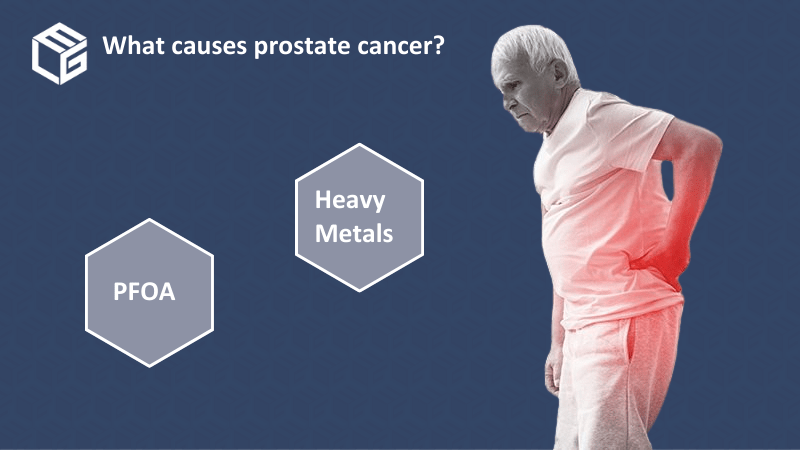Prostate cancer claims
processing claims for over 50 years

During their lifetime, 13 out of 100 men will develop prostate cancer. The most common risk factors for the disease include faulty genes, aging, a family history of prostate cancer, obesity, and toxic exposure. Still, it is important to note that toxic exposure occurs in settings other than in the workplace, as veterans who were stationed at contaminated military bases also have a high risk of coming to struggle with prostate cancer. Moreover, civilian and military firefighters who used the infamous fire suppressant AFFF are more likely to develop this cancer, too. A National Institute for Occupational Safety and Health study found an excess risk of prostate cancers at younger ages in firefighters. Therefore, if you are a veteran or firefighter who has a diagnosis of prostate cancer, toxic exposure is likely the cause, which could make you eligible to file a claim and obtain financial compensation.
Our Attorneys
